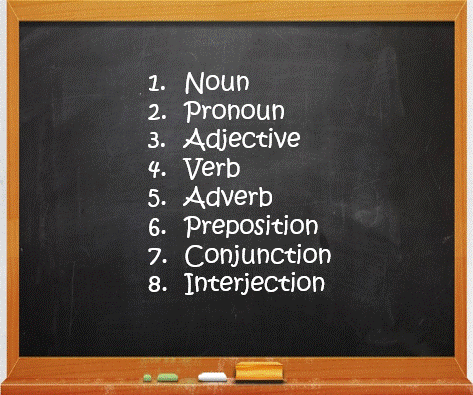www.TestsTestsTests.com
Transitive and Intransitive Verbs Lesson
Free English Grammar Lessons Online
* What is a verb?
*
What is a transitive verb?
*
What is an intransitive verb?
*
Transitive and intransitive verbs depend on context
Verbs are parts of speech that denotes an action, occurrence, event or a state of being. Verbs are ‘doing’ or ‘being’ words. There are different types of verbs, such as action, transitive verbs, intransitive verbs, auxiliary verbs, stative verbs, modal verbs, phrasal verbs and irregular verbs.
Try the corresponding Transitive and Intransitive Verbs Free Online Multiple Choice Test
* What is a verb?
A verb is one of the eight parts of speech.
Verbs describe the main part of a sentence: in other words, what is happening? If there is an event in the sentence, the part of speech describing the event is the verb. Every complete sentence contains a verb. Interestingly, verbs change to show tense (nouns don’t), so for example, the verb ‘run’ in the present tense becomes ‘ran’ in the past tense.
* What is a transitive verb?
A transitive verb is an action verb which requires a direct object. But what is an object?
In a complete sentence containing a verb, you have a subject. The subject is the part of the sentence that is acting, thinking or being. The subject is what the sentence is about. The object, however, is the thing or person that is acted or thought upon. It’s the thing that the subject acts with or onto.
For example: Linda hates cheese. In this sentence, the subject is ‘Linda’. The verb is ‘hates’. The object of the sentence, the thing the subject is thinking about or acting upon, is ‘cheese’.
In the sentences below, the object of the sentence has been underlined. The verb has been put in bold and italics.
1.
We cooked dinner.
2.
Michael eats bananas. Michael is the subject. The verb is ‘eats’. The object, what Michael eats, is bananas.
3.
We watch the television.
4.
Dogs chase cats.
5.
Computers utilize electricity.
6.
I thanked Cheryl.
7.
I like long walks.
8.
Sunshine makes me sleepy.
The word ‘transit’ means ‘to carry’. You can understand what a transitive verb is by thinking of it as a thing which carries the action from the subject to the object. Therefore, all transitive verbs are verbs which transfer the action of the subject to an object. The subject acts, the object is acted upon, the verb is what the subject uses to act.
* What is an intransitive verb?
Intransitive verbs are those action verbs which don’t have an object. Some sentences in English do not require a direct object, either because the object is understood, (for example, when I say “I ate” it is assumed that what I ate is ‘food’), or because there is no object (for example, “I slept”. When I sleep, there is nothing that I need to be doing the sleep to).
In the sentences below, the intransitive verb has been underlined.
1.The baby screamed.
2. We talked.
3. Warren speaks loudly.
4. Canadians travel often.
5. Sam sings in the shower. (This is tricky, because at first it looks like the object of the sentence is ‘the shower’ and ‘sings’ is a transitive verb, but it’s not, because the shower is merely where the verb takes place, not what Niall is singing about or to). If the sentence was “Niall sings to Beyoncé”, then it would be a transitive verb, because Beyoncé is the object.
6.
The audience cheered.
7.
They laughed.
8.
The empire declined.
* Transitive and intransitive verbs depend on context
Some verbs don’t have to choose and can be transitive or intransitive, depending on the sentence they’re in. A sentence can be constructed in such a way that the verb which is transitive in one sentence is intransitive in another.
Consider the following example:
Sigmund paid.
‘Paid’ is clearly an intransitive verb. There is no object here.
‘Paid’ is clearly a transitive verb. Sigmund is the subject, he is performing an action, and he is performing the action on the conductor.
It’s therefore important to understand that whether or not a verb is transitive or intransitive depends on HOW the verb is being used, not on WHAT the verb is.
Now you have done the lesson…
Try the corresponding Transitive and Intransitive Verbs Free Online Multiple Choice Test
* TRY THE NEXT LESSON: Forming Adverbs from Nouns
* TRY THE NEXT TEST: Forming Adverbs from Nouns
<









